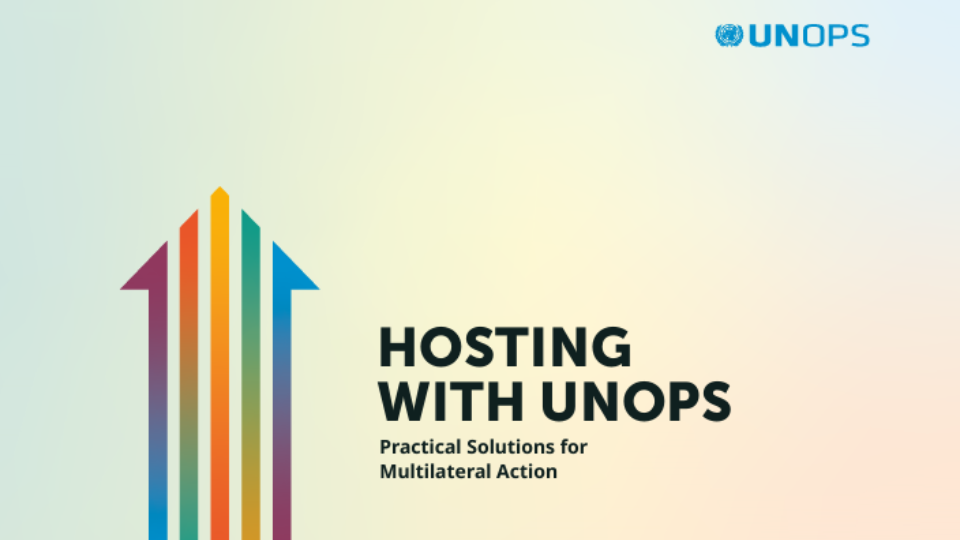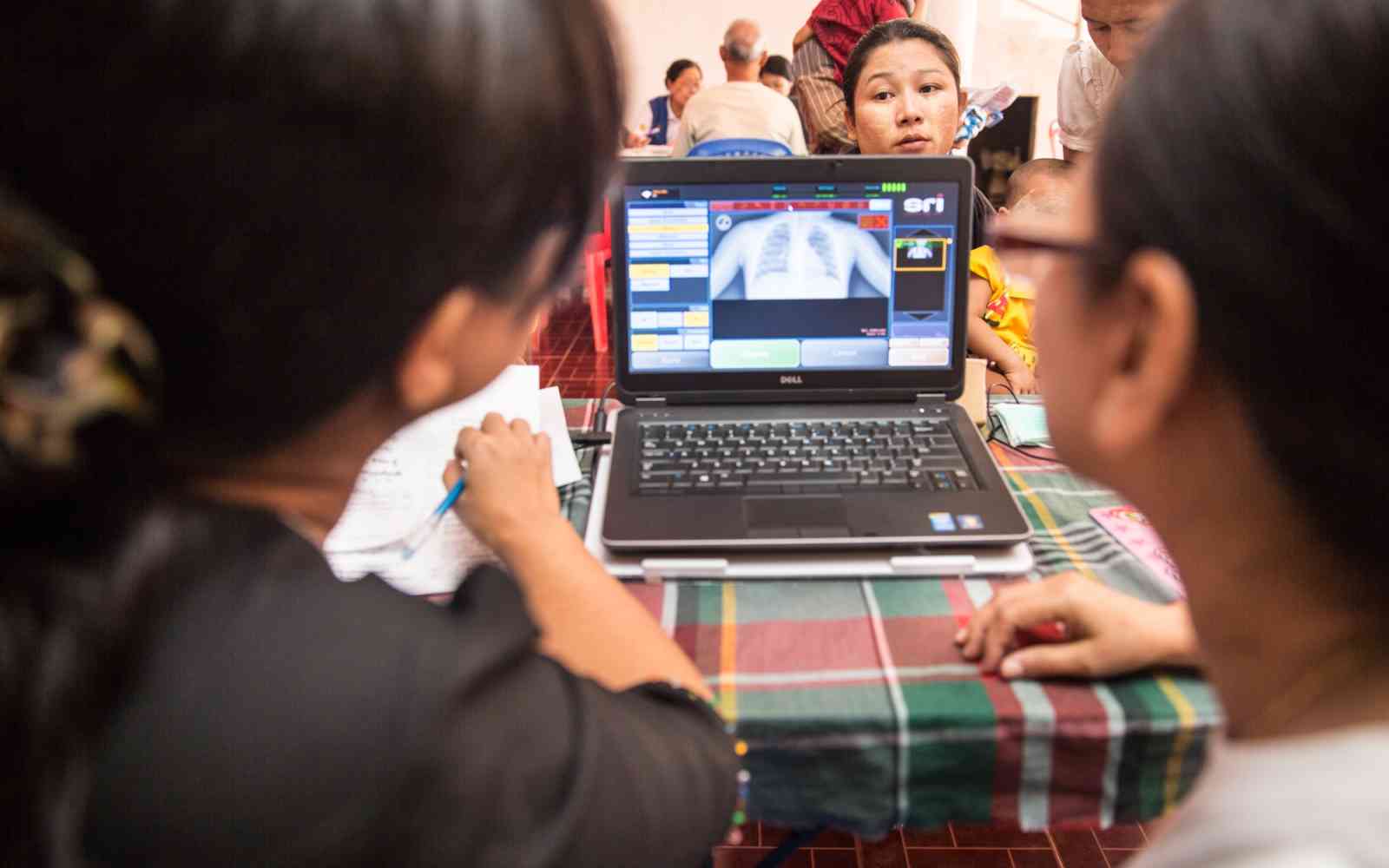The United Nations Office for Project Services (UNOPS)
A Q&A with Elizabeth Press on how UNOPS helps APRA power Africa’s transition to a clean energy future

UNOPS unique hosted partnerships model enables the Accelerated Partnership for Renewables in Africa (APRA) to fast-track clean energy adoption across the continent without delay.
Tackling the climate crisis demands immediate, coordinated action. For partnerships like APRA, this means having the right systems in place from the start to focus on impact and delivery.
APRA is working to rapidly scale up renewable energy across the continent. Its Implementation Office, hosted by UNOPS, is driving real progress.
Elizabeth Press, Director of the APRA Implementation Office, shares how UNOPS has helped to empower her team to get straight to work, advancing the transition to clean, sustainable energy across Africa, in communities that need it most.
How does UNOPS help you deliver?
The best thing about being hosted by UNOPS is that I could hit the ground running. I came and everything was there. The services, HR were there. Finance. Budget. Normally, you spend an enormous amount of time building up your capability in order to do something. I was able to start working on content the moment I landed in Nairobi.
What tangible difference does our partnership make in reaching people?
What I like about working with UNOPS is that UNOPS is neutral and it can actually be everywhere and do anything that you need it to do. It's present everywhere, in every country. So for example, we were recently working very closely, I live there in Nairobi, and we had the Africa Climate Summit in Addis Ababa. So, the [UNOPS] office in Addis Ababa was super helpful in actually connecting with the government, helping us, being our eyes and ears on the ground. The moment that we came to deliver the work during the summit, the team was there to support us. So, the difference of having your extended family present in all places where you're working is really phenomenal.
Why did you choose UNOPS?
I imagined when we were discussing where to go, that UNOPS would be what UNOPS is. I imagined it to be this agile institution that will be able to provide the services and support that we needed. But I also thought because of the work that we're doing, that we could work very closely on the implementation of the mandate, because a lot of work around energy does revolve around procurement, infrastructure, and these big projects that UNOPS is really experienced in doing.
So, it was the combination of UNOPS competence in what it's best in doing – in project management, logistics and infrastructure, and the services its providing for us – so that we don't have to waste time and resources for something that, in the end, has to be in the background and be invisible in some ways. Because that's what we want. We want to focus on the substance of what we're trying to deliver.
What I like about working with UNOPS is that UNOPS is neutral and it can actually be everywhere and do anything that you need it to do. It's present everywhere, in every country.
Why is multilateral action important now more than ever?
We live in a world that is full of inequalities, and inequalities haven’t worked well for anybody. It didn't work well for the Global North, it didn't work well for the Global South. We now live in a world that is rather dysfunctional, in large part because of the inequality that exists at all different levels.
And unless we get to work together and start to equalize some of these things and become a fairer and more inclusive world, we will not succeed. Because climate change is not something that any of us can do individually. Yes, some countries might have a better ability to fight it for a little while, but in the long term, none of us will succeed unless we're working together. And I think that's very well understood. I'm very proud to work in a sector that is actually delivering solutions to multilateral actions and making a tangible impact in the big fights that we have ahead of us.
Elizabeth Press
Elizabeth Press is the Director of the Accelerated Partnership for Renewables in Africa (APRA) Implementation Office, hosted within UNOPS. She leads the partnership’s work to speed up renewable energy deployment across Africa and promote sustainable, inclusive growth.












